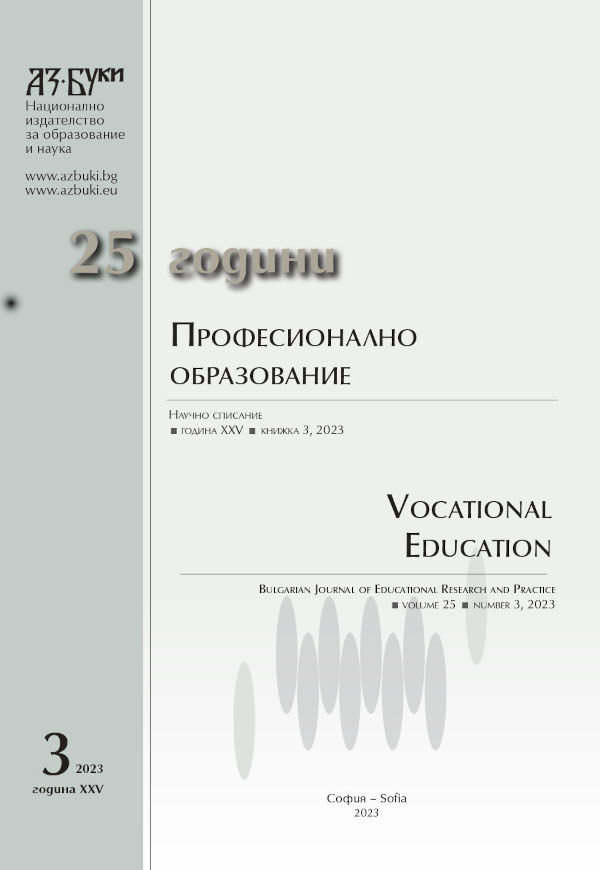Изкуственият интелект в здравния PR
Artificial Intelligence in Health PR
Author(s): Gergana YankovSubject(s): Social Sciences, Economy, Education, Sociology, Vocational Education, Adult Education, Higher Education , State/Government and Education, Health and medicine and law, Family and social welfare, Economic development, ICT Information and Communications Technologies, Globalization, Inclusive Education / Inclusion, Distance learning / e-learning
Published by: Национално издателство за образование и наука „Аз-буки“
Keywords: public relations; public communications; communication; healthcare; artificial intelligence
Summary/Abstract: What is the role of artificial intelligence (AI) in healthcare public relations? How is it reshaping the world of health PR? Is AI a threat to healthcare PR or becoming their indispensable assistant? The purpose of the scientific report is to answer these and other questions regarding the application of artificial intelligence in health public communications. The methods used for the purpose of this report are the analysis and synthesis of data from bibliographic sources, as well as the analysis of the results of conducting a scientific experiment in a digital environment with artificial intelligence of the latest generation. Results. The role of AI in health PR is increasingly tangible and fully imposed in the system of international health care – the chatbot of the WHO in the Viber communication platform is a universal bridge between the Organization and its audiences and provides multi-layered opportunities for awareness on all possible health issues. An identical result is also on Facebook‘s Messenger platform. AI is gradually changing the business environment in every field, including healthcare. AI in the face of ChatGPT is becoming both an assistant to health PRs and a major rival. Discussion. Recent breakthroughs in AI technologies could significantly and permanently transform health PR and how it is implemented. The PR profession is not a disappearing species, as it is associated with a deep thought process, creativity, contacts, and connections with „living” people. These activities are so far beyond the reach of artificial intelligence, yet the best professionals will stand out and remain. The results of the scientific experiment set a direction for striving for anincreasingly accurate representation of health PR specialists in their professional field. Conclusion. ChatGPT can compose relevant texts, slogans, even messages that are highly effective when applied in the practice of health PR. In the foreseeable future, this technological innovation will be further refined. Chatbots as part of the idea of communication through AI is an area where the role of PRs is to carefully consider each message and the logical connection between the messages. The following recommendations emerge for future research on the topic: to monitor the technological progress of AI and to find new niches in health PR activities in which AI finds application.
Journal: Професионално образование
- Issue Year: 25/2023
- Issue No: 3
- Page Range: 292-300
- Page Count: 9
- Language: Bulgarian
- Content File-PDF

